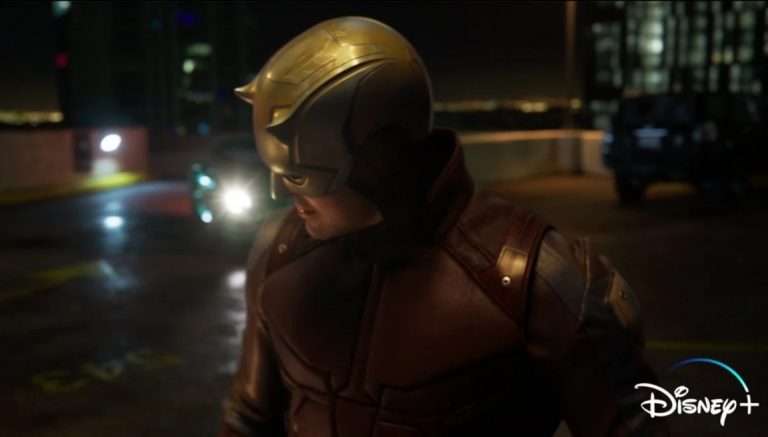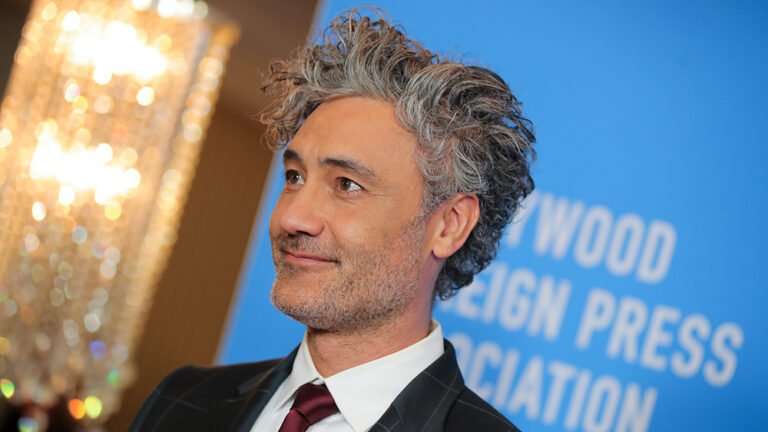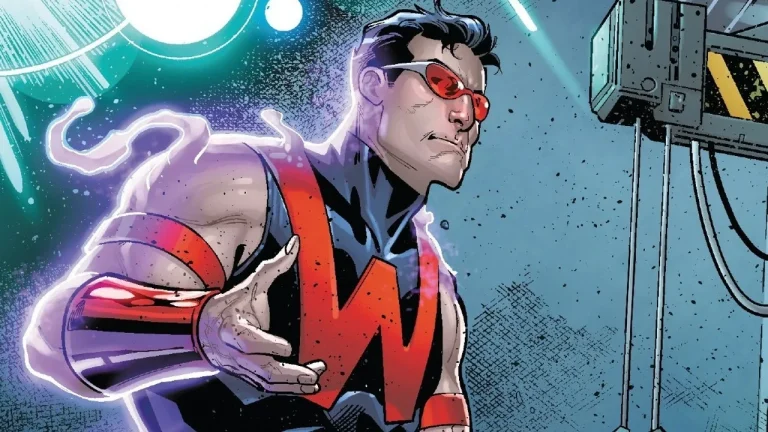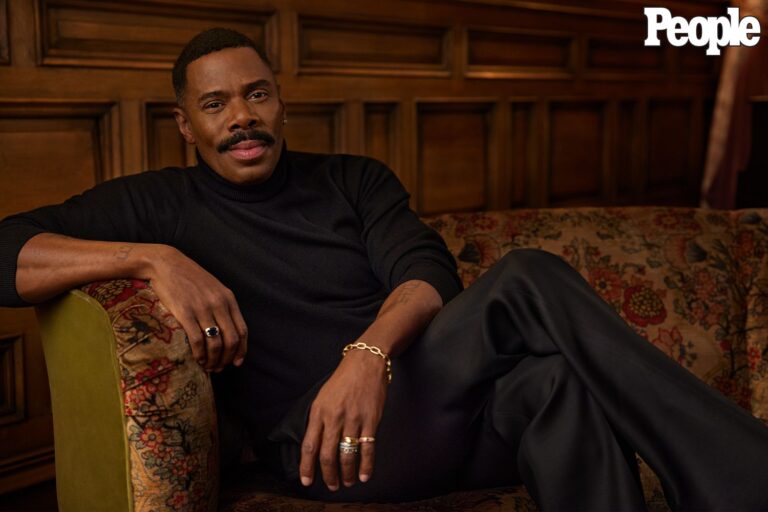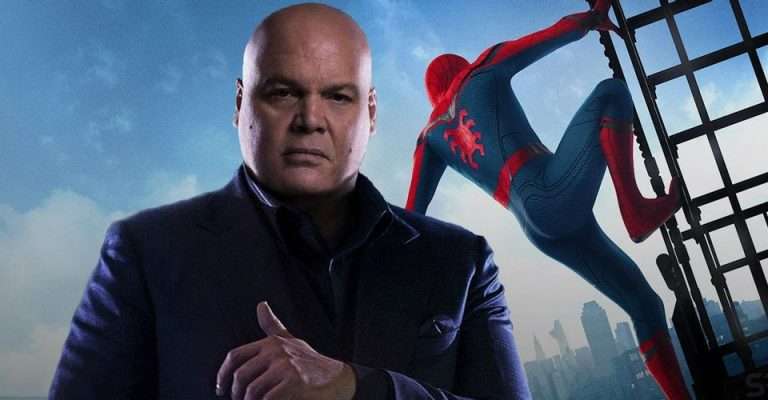Leia Organa’s Journey to Forgiveness: Grappling with Darth Vader’s Legacy

The original Star Wars trilogy explores themes of redemption and familial bonds, culminating in Luke Skywalker forgiving his father, Anakin Skywalker, who returns to the Light Side. But Leia Organa’s relationship with her biological father, Darth Vader, is more complex and emotionally fraught. Unlike her brother, Leia’s path to reconciliation with her father’s dark legacy takes far longer, as revealed through canon novels and comics.
Leia’s Initial Reaction to Learning the Truth
Leia discovers her connection to Darth Vader in Return of the Jedi when Luke reveals they are siblings. While she expresses relief at having a brother, the revelation that Vader is their father is profoundly unsettling. Leia’s reluctance to immediately embrace this truth makes sense, given her personal experiences with Vader’s brutality.
In The Princess and the Scoundrel (2022) by Beth Revis, Leia’s inner turmoil is further explored. She reflects on how Vader tortured her in A New Hope and indirectly caused the destruction of her home planet, Alderaan, and the death of her adoptive parents. “Perhaps it was merely that Luke had never been tortured by their biological father the way she had,” the novel observes, underscoring why Leia finds it nearly impossible to forgive Vader.
A Confrontation at Vader’s Funeral Pyre
Leia’s unresolved feelings toward Vader come to a head in Marvel Comics’ Star Wars: Battle of Jakku – Insurgency Rising. Returning to the forest moon of Endor, Leia visits the site where Luke burned Vader’s body. Standing before her father’s distorted helmet, she expresses her anger and pain.
“I’m not like Luke,” Leia admits. “Luke can forgive with ease; I strain for it.” Unlike Luke’s hopeful perspective, Leia grapples with the reality of Vader’s actions, including the countless lives lost under his command and the personal tragedies he inflicted on her. Her act of discarding Vader’s helmet symbolizes her rejection of his legacy and her choice to focus on rebuilding with her chosen family instead.
Leia’s struggle with her father’s legacy extends throughout her life, particularly as she faces the Dark Side tendencies of her son, Ben Solo (Kylo Ren). Yet, by the events of The Rise of Skywalker, Leia appears to have found peace with her father’s true self, Anakin Skywalker. In Michael Kogge’s The Rise of Skywalker: A Junior Novel, Leia sees a vision of Anakin before her death, suggesting that she finally reconciles with his redemption.
The film subtly nods to this resolution, with Leia donning an outfit reminiscent of Anakin’s attire from The Clone Wars and her voice joining Anakin’s in Rey’s climactic battle against Emperor Palpatine.
Leia’s journey with her father highlights the nuanced nature of forgiveness. While Luke’s unwavering belief in Anakin’s goodness led to his redemption, Leia’s experiences with Vader made forgiveness a more difficult and personal process. Her initial anger and rejection feel justified, given the immense pain Vader caused her and others.
Ultimately, Leia’s eventual acceptance of Anakin Skywalker’s redemption enriches her character arc, showing that forgiveness is not a universal path but a deeply individual journey shaped by personal experiences.

